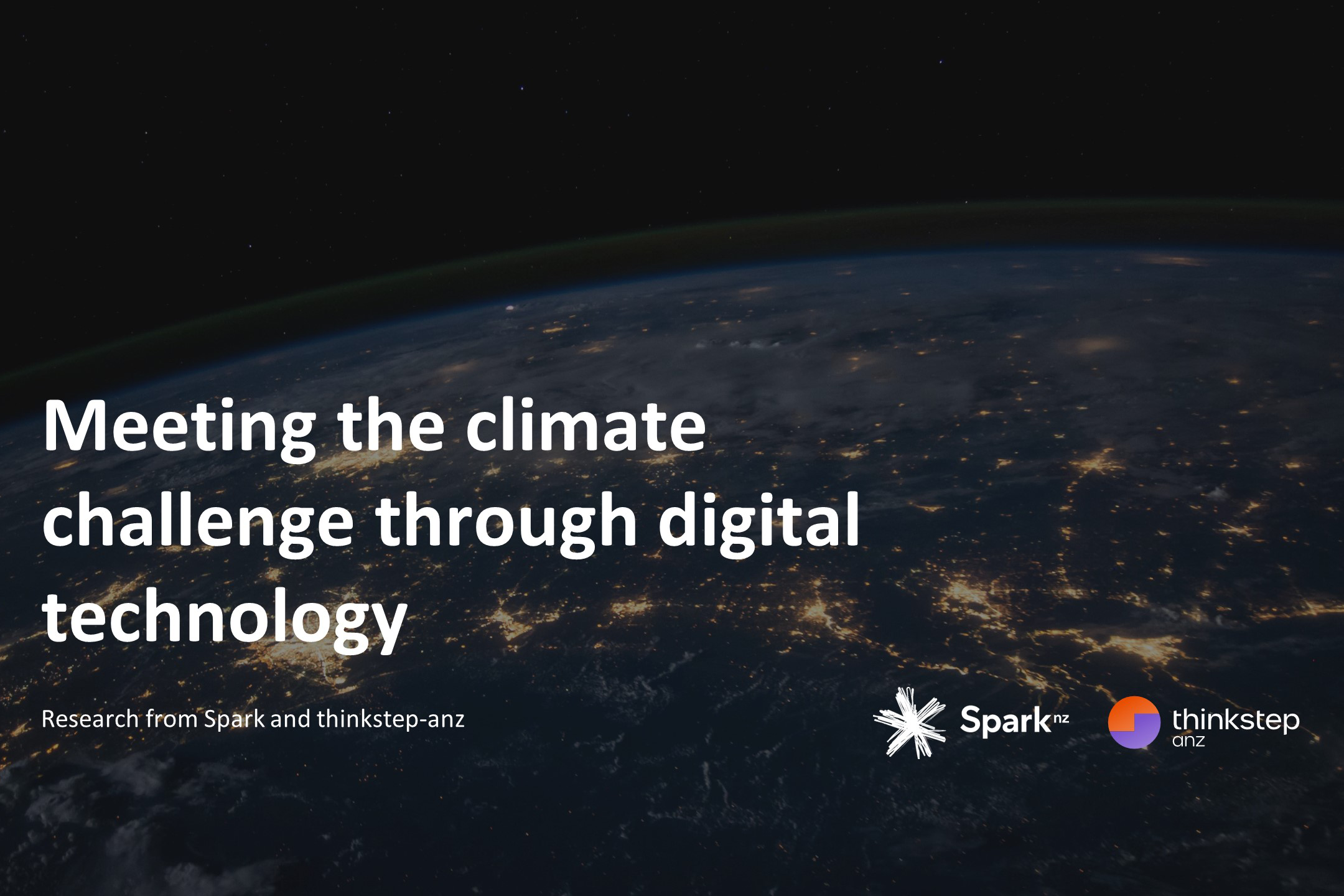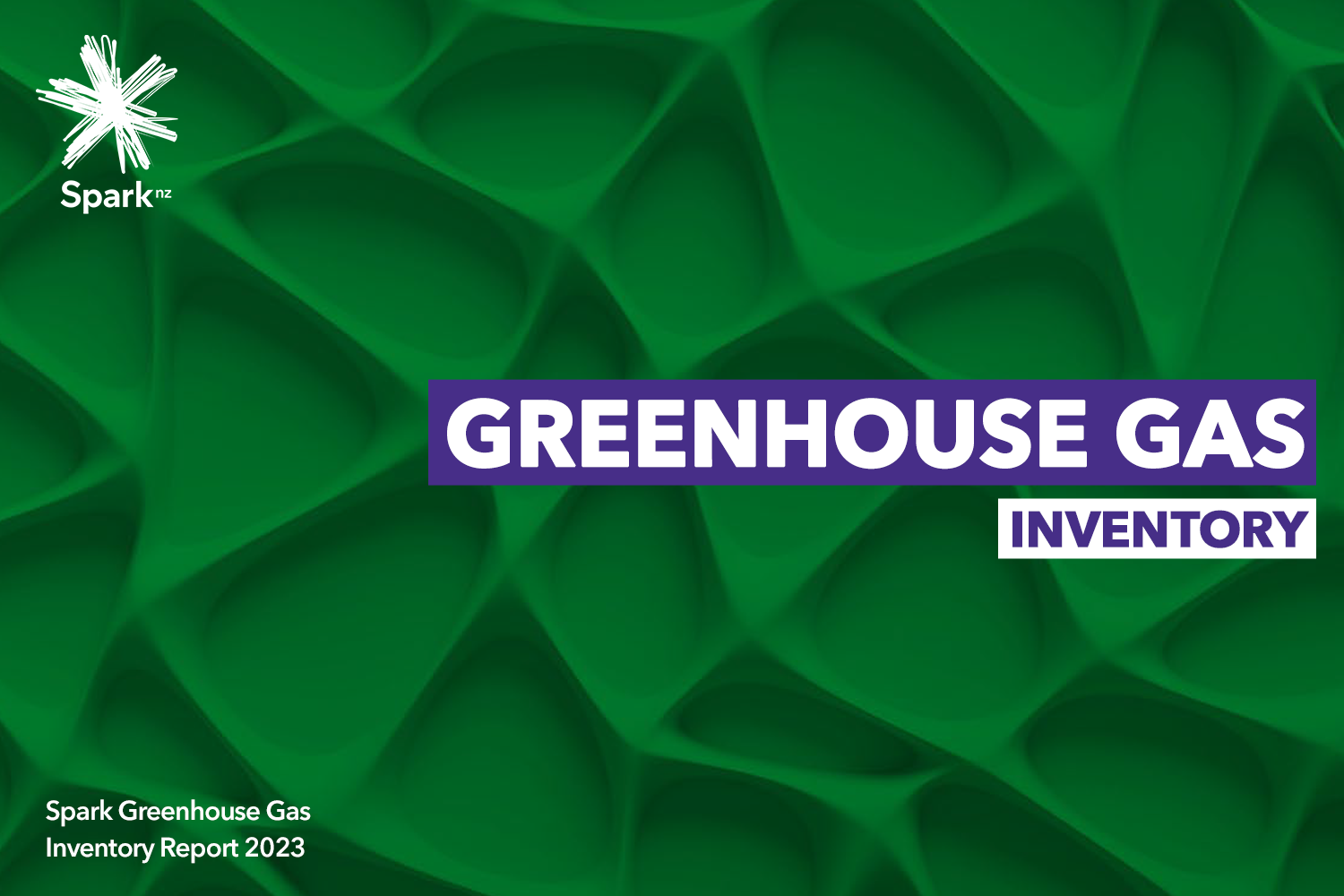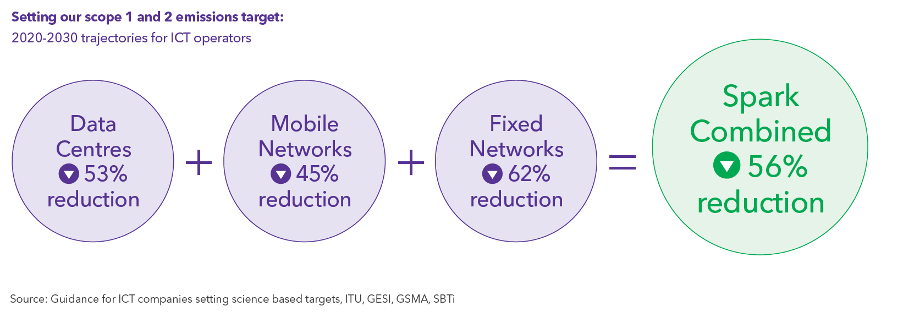E-waste and network recyclingSpark has a comprehensive programme for managing end-of-life network equipment and technology. This is separated into different waste streams – such as mobile phones, printed circuit boards, copper cables, lead batteries, and all types of metals. The different items are sorted, processed by our recycling partners and then some components are sent overseas for recycling, reselling, or reusing.
Last year, we recovered a total of 559 tonnes of e-waste, up slightly from 545 tonnes from the previous year. Of this, 154 tonnes was network e-waste and 405 tonnes was metals, cables, and batteries.
We continue to improve our recycling collections focusing on education within Spark and working with some of our larger customers to support them to responsibly recycle their surplus equipment.
Mobile phone recycling
In the last year Spark received 14,913 mobile devices for recycling. As mobile devices are becoming more advanced and robust their lifecycles have extended, meaning customers are replacing their devices less frequently and we are experiencing a lower volume of recycling as a result.
Spark is a member of the Telecommunication Forum’s (TCF) RE:MOBILE product stewardship scheme. The scheme takes unused mobile phones, and either refurbishes and on-sells them in overseas markets or recycles them. Profit from the scheme is donated to the charity Sustainable Coastlines.
Electrical and electronic products have been designated as Priority Products under the Waste Minimisation Act 2008. Designation as a priority product means that an accredited Product Stewardship Scheme must be implemented to manage waste streams associated with the product categories.
The RE:MOBILE scheme was one of the first industry schemes voluntarily accredited by the Ministry for the Environment (MfE) under the provisions of the Act. Since the Priority Product designation, the Product Stewardship Scheme accreditation lapsed in April 2021. The TCF is working closely with MfE to work through the new accreditation process. In the meantime, MfE has confirmed that it will continue to support and recognise the scheme whilst reaccreditation is being worked through.
We are working with our industry partners and the TCF to boost the awareness of the scheme and to overcome the barriers consumers experience in recycling their devices. Alongside the Spark Foundation, we also support the Recycle A Device (RAD) scheme to collect and refurbish used laptops for students and others in need of a device.















